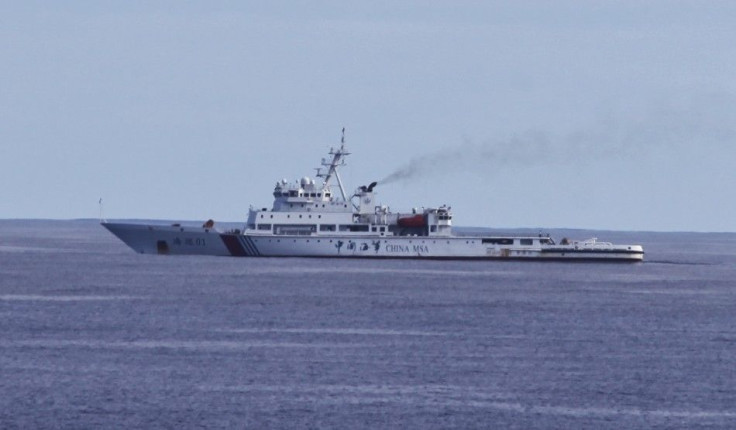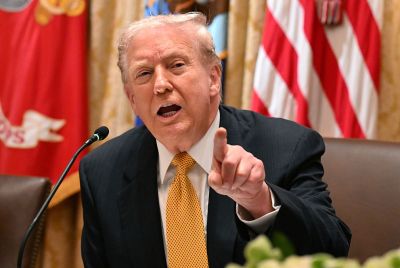US taunts China as it continues to flex muscles in South China Sea

Tensions in the South China Sea continue to mount as both China and the United States take steps to challenge each other. China maintains it is not militarising the region and warns U.S. of similar activities, while the West maintains its rights to challenge assertive China.
The United States is not going anywhere unless China releases its leash over the South China Sea islands. U.S. President Barack Obama just signed into law the National Defense Authorization Act for Fiscal Year 2016 on Wednesday. The law sets the legal framework for the country to extend and expand defence trade and similar collaborations with other Southeast Asian countries.
The legislation also comes with the South China Sea Initiative that authorises the Secretary of Defence -- in concurrence with the Secretary of State -- to participate or initiate activities that can "increase maritime security and maritime domain awareness of foreign countries along the South China Sea." Furthermore, it also provides the framework wherein the United States can offer help to "national military or other security forces of such countries that have among their functional responsibilities maritime security missions; and to provide training to ministry, agency, and headquarter-level organisations for such forces."
China, however, is against any country trying to "flex" muscles in the South China Sea region. The country has also urged the United States and Japan not to resort to any military activity.
"We call on relevant countries to do things that contribute to peace and stability on the South China Sea and refrain from flexing muscles, creating tension or militarising the area," said Foreign Ministry spokesman Hong Lei during a regular news briefing.
"There is no problem with freedom of navigation. We urge the U.S. not to be provocative under this pretext," added Defence Ministry spokesperson Wu Qian, as quoted by Xinhua News. He also said that the Chinese military will undertake all required measures to protect national sovereignty, security and maritime rights.
Contact the writer at feedback@ibtimes.com.au, or let us know what you think below.





















